
Caregivers experience decline in well-being
Past research offers conflicting views: some suggest it enhances well-being by providing a sense of purpose, while others report declines due to emotional strain.

Past research offers conflicting views: some suggest it enhances well-being by providing a sense of purpose, while others report declines due to emotional strain.
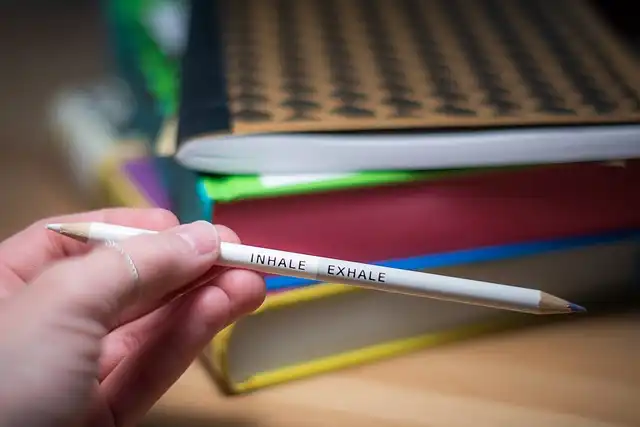
"We've been using phages' destructive power to kill bacteria and resolve infections for years," says Zeinab Hosseinidoust, an associate professor of biomedial and chemical engineering who holds the Canada Research Chair in Bacteriophage Bioengineering.

Nuzzo told the Los Angeles Times that findings from recent animal studies indicate that the bird flu virus “could pose a risk if ingested in large enough quantities, but we have not yet seen human cases resulting from raw milk consumption.

While minor differences in embedding distances were observed, particularly for non-10x platforms such as Switching Mechanism At 5' End of RNA Template sequencing (SMART-Seq2), SCimilarity maintained high performance, showcasing its adaptability to diverse data sources.

Patnaik said the health risks of air pollution and climate change span a wide range of outcomes including infectious disease, weather-related morbidity and a variety of lung, kidney and cardiovascular maladies.
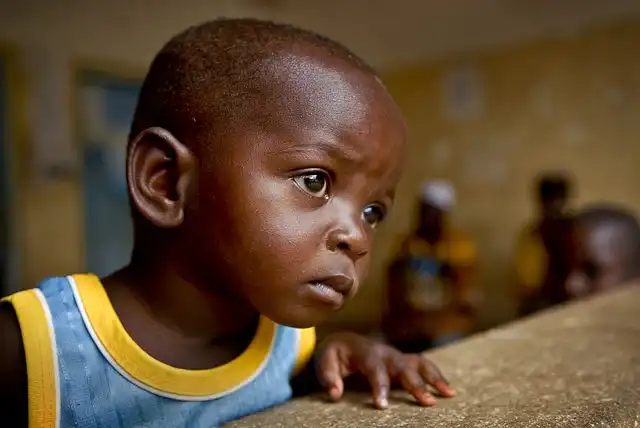
Parents who bring their babies in for checkups at this clinic rattle off the ways the money has helped, from the cribs, diapers, clothes, and wipes they’ve bought to how it’s “kept them afloat” during maternity leave or provided crucial income when a spouse died.

"By getting a deeper understanding of how healthy mice balance and by improving the ways in which we assess their performance, we can better explore the neurological mechanisms behind, as well as potential treatments for, conditions that affect motor control and stability."

“Previous research has largely focused on women, but we’re now seeing that men are also vulnerable to the pressures of online body ideals,” Luigi Donnarumma, who led the study, said in a press release.

The brew is also rich in antioxidants like catechins, which help protect cells from damage caused by free radicals, potentially reducing the risk of chronic diseases.
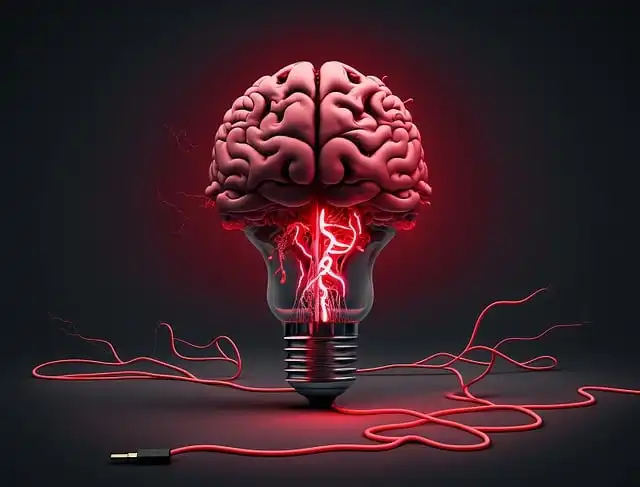
To overcome this critical bottleneck, researchers have been pursuing the new concept of "liquid biopsies," which involves the easy extraction of blood or other body fluids using non-invasive procedures, and analyzing them for molecules originating from brain and other solid tissues.

"The continued use of remote technology to connect with those not physically present may bring ongoing opportunities for family bonding and children's feeling a sense of belonging to a larger unit, which we know is protective for their well-being," said Fishel.
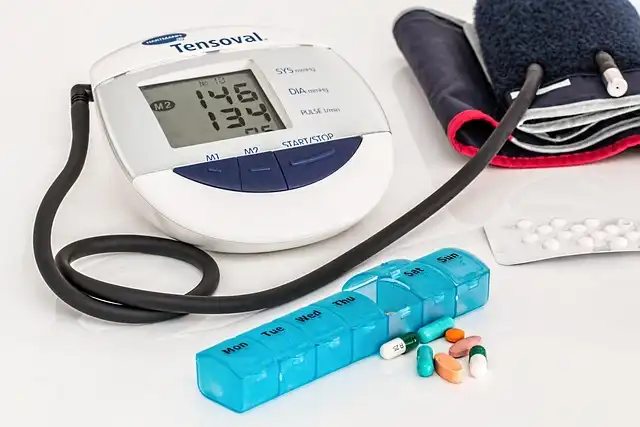
If you dare, feast your eyes on this year’s winners of KFF Health News’ sixth annual Halloween Haiku contest.
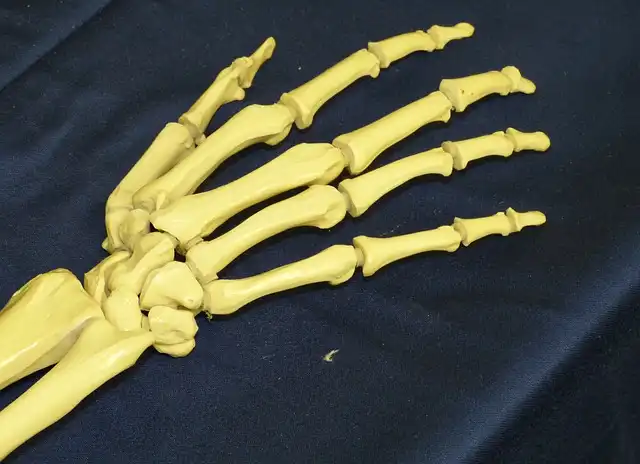
Dr. Jemma Kerns adds: "It has been a privilege to work with these unique and precious human remains to learn more about life for sailors in the 16th century while finding out more about changes to bone composition as we age, which is relevant to today's health, has been fascinating."
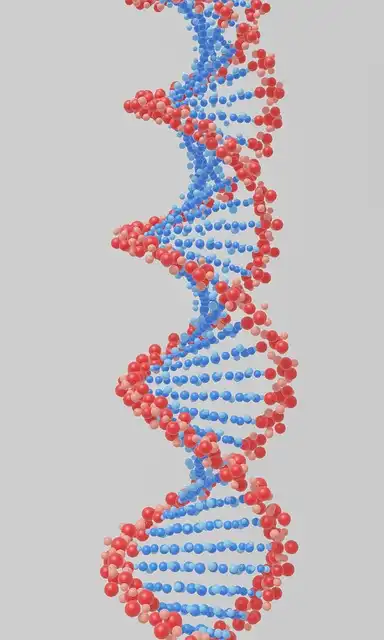
In an era dominated by deep learning, where an ever-increasing amount of data can be processed, Natália Ružičková, a physicist and PhD student at the Institute of Science and Technology Austria (ISTA), chose to take a step back.